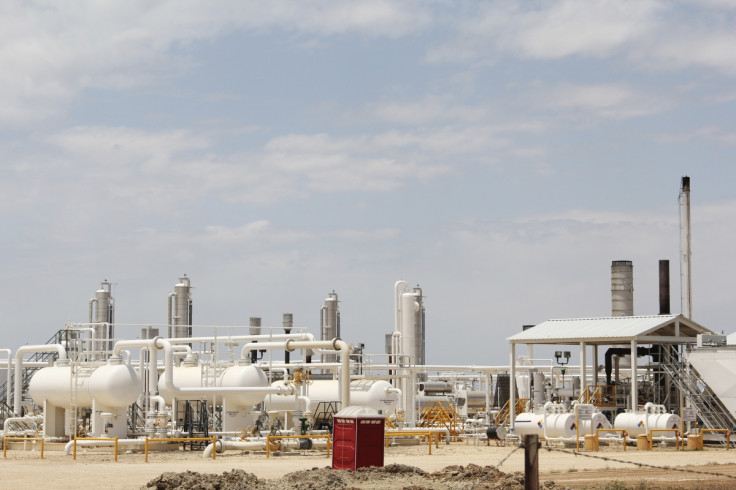Fracking Boom Ends America's 40-Year Ban on Unrefined Oil Exports

The world's largest economy is taking steps to start exports of unrefined crude oil in line with the increased oil production in the country primarily due to the shale oil boom.
The US has given permission to two firms to export lightly processed oil, ending four decades of ban on unrefined oil exports.
The Commerce Department has now allowed Pioneer Natural Resources Co and Enterprise Products Partners to ship a type of ultra-light oil known as condensate to foreign buyers. The unrefined oil could be turned into gasoline, jet fuel and diesel.
Shipments of unrefined oil could begin as early as August for the first time since the 1970s, according to the Wall Street Journal.
The US companies were allowed to export gasoline and diesel but not oil. The ban, imposed during the 1973 Arab oil embargo, was seen as a way to ensure the country did not import more oil than was needed to meet domestic demand.
There have been calls to lift the ban amid rising oil production in the country partly due to the shale oil boom.
The advancements in hydraulic fracturing technology or fracking have enabled the US to rise to the levels of other major oil producers such as Russia and Saudi Arabia.
The country has recently emerged as a major supplier of crude oil to the world market, with production rising to 25-year highs.
The move would allow US companies to sell oil at international rates, which are higher than domestic rates. However, there were concerns that it would also result in higher fuel prices at home.
Analysts suggested that the decision could prompt other firms to take a similar route of processing oil in order to make them eligible for exports, resulting in an increase in US oil exports in the short term.
"The floodgates of exports will be opened now," the BBC quoted as saying Ed Morse, an oil analyst with Citigroup.
Morse added that some 200,000 to 300,000 barrels per day of US condensate could be exported by the end of this year and the volume could double in 2015.
© Copyright IBTimes 2025. All rights reserved.






















